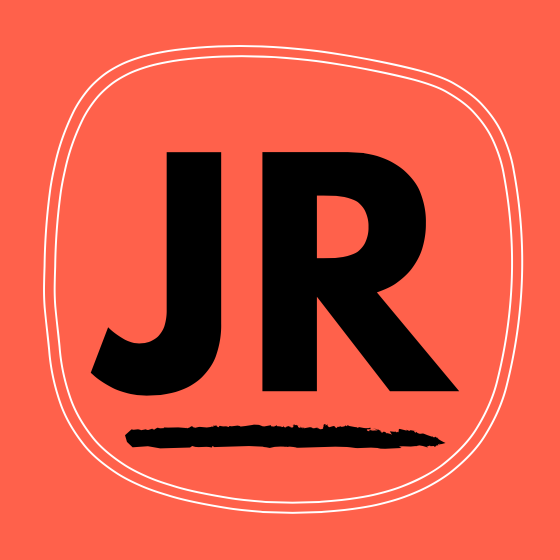Mastering Writing Priorities: The "Eat the Frog" Method Explained

In the writing world, where deadlines loom and ideas constantly compete for attention, mastering the art of prioritization is not just a skill—it's a necessity. Enter the "eat the frog" principle, a time-tested strategy that promises to transform how you approach your writing projects, making procrastination a thing of the past. Let's explore how you can prioritize your projects like a pro writer, ensuring that you meet your deadlines and make significant progress on your long-term goals.
The "Eat the Frog" Principle: Tackling Tough Tasks First
The concept of "eating the frog" comes from Mark Twain, who famously said that if you eat a live frog first thing in the morning, you can go through the day with the satisfaction of knowing that's probably the worst thing that is going to happen to you all day. In productivity terms, it means immediately tackling your most challenging task—the one you're most likely to procrastinate on. For writers, this could mean starting your day with the writing task you dread most, be it a complex chapter, a daunting research piece, or a tricky edit.
Identifying Your Writing Priorities
Before you can eat your frog, you need to identify it. This involves distinguishing between your short-term and long-term writing priorities.
- Short-term Priorities: These include immediate deadlines, daily writing goals, or tasks that directly impact your current projects. Identifying these helps you maintain momentum and meet your obligations on time.
- Long-term Priorities: These are your more extensive projects and goals, such as completing a manuscript, developing book ideas, or building your writing portfolio. While they might not have immediate deadlines, they are crucial for your writing growth and success.
Prioritization Frameworks
With your priorities identified, you can employ various frameworks to organize and tackle them effectively.
- Eisenhower Matrix: This method divides tasks into four categories: urgent and important, important but not urgent, urgent but not necessary, and neither urgent nor essential. It helps you focus on what truly matters by tackling tasks that are both urgent and important first, planning for those that are important but not urgent, delegating the urgent but not important, and eliminating the rest.
- ABC Method: This technique involves assigning each of your tasks an A (most important), B (important), or C (least significant) rating. Within these categories, you can further prioritize tasks by numbering them, ensuring that you focus on the most critical tasks first.
Tools for Managing Deadlines and Tasks
In the digital age, writers can access various tools to streamline task management and deadline tracking.
- Digital Calendars: Platforms like Google Calendar or Outlook allow you to schedule your writing tasks, set reminders for deadlines, and even block off dedicated writing times.
- Project Management Apps: Tools like Trello, Asana, or Notion can help you organize your tasks, set priorities, and track your progress on various projects. They're handy for managing long-term goals and collaborating with others if your writing involves teamwork.
- Writing-Specific Tools: Software like Scrivener not only offers a robust writing environment but also includes features to set project targets, track daily word counts, and organize research, making it easier to stay on top of both your writing and your deadlines.
Master Your Priorities, Maximize Your Writing Time
By adopting the "eat the frog" principle and strategically prioritizing your writing tasks, you can confidently navigate the complexities of your daily to-dos and your overarching projects. Remember, effective prioritization is not about doing more in less time but about doing the right things that move you closer to your goals. Whether you're facing a tight deadline or chipping away at a long-term project, knowing what to tackle first—and having the courage to face your biggest challenges head-on—can make all the difference.
So, the next time you write, ask yourself, "What's my frog today?" Embrace the task, however daunting it may be, and enjoy the productivity and satisfaction from knowing you've conquered your biggest challenge right from the start. Master your priorities, and watch as your writing and career flourish.







Member discussion